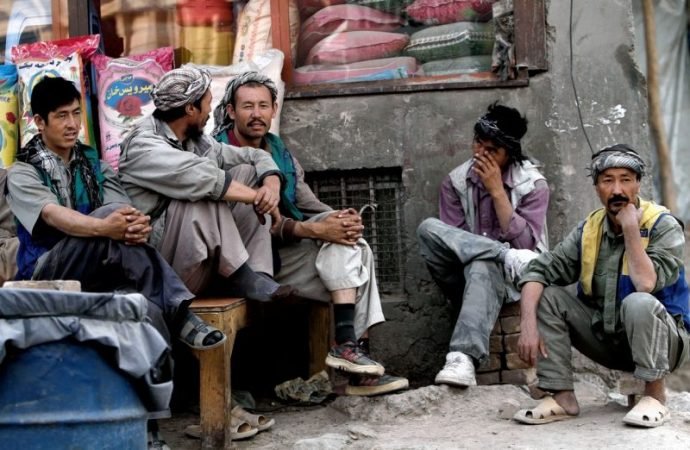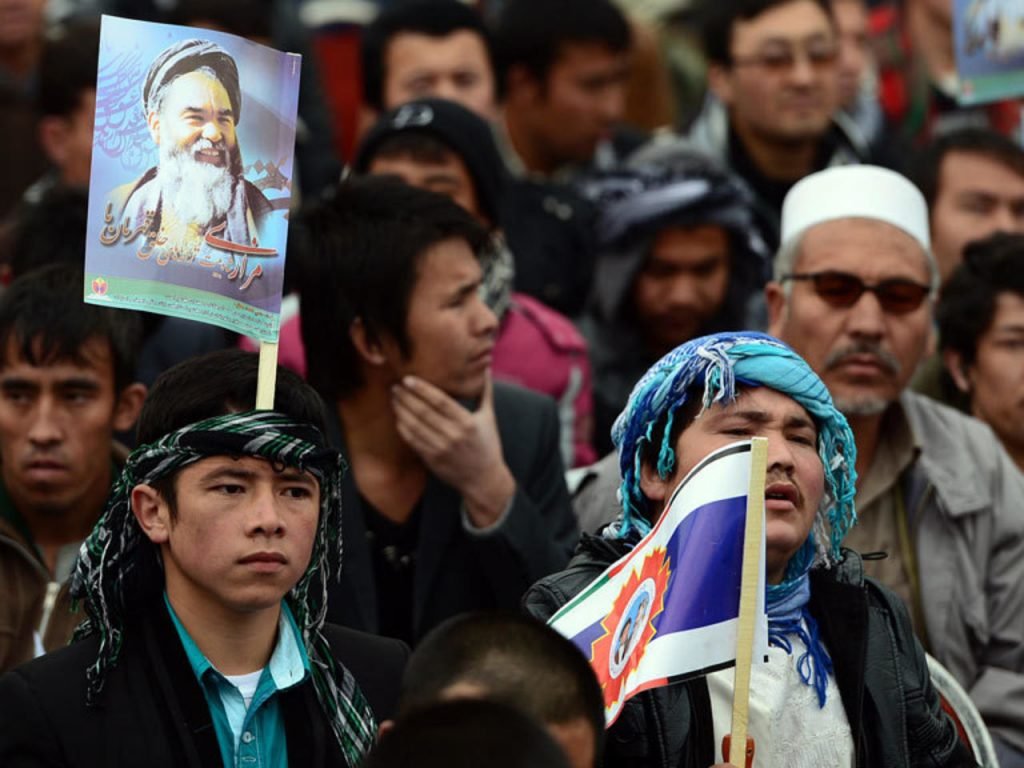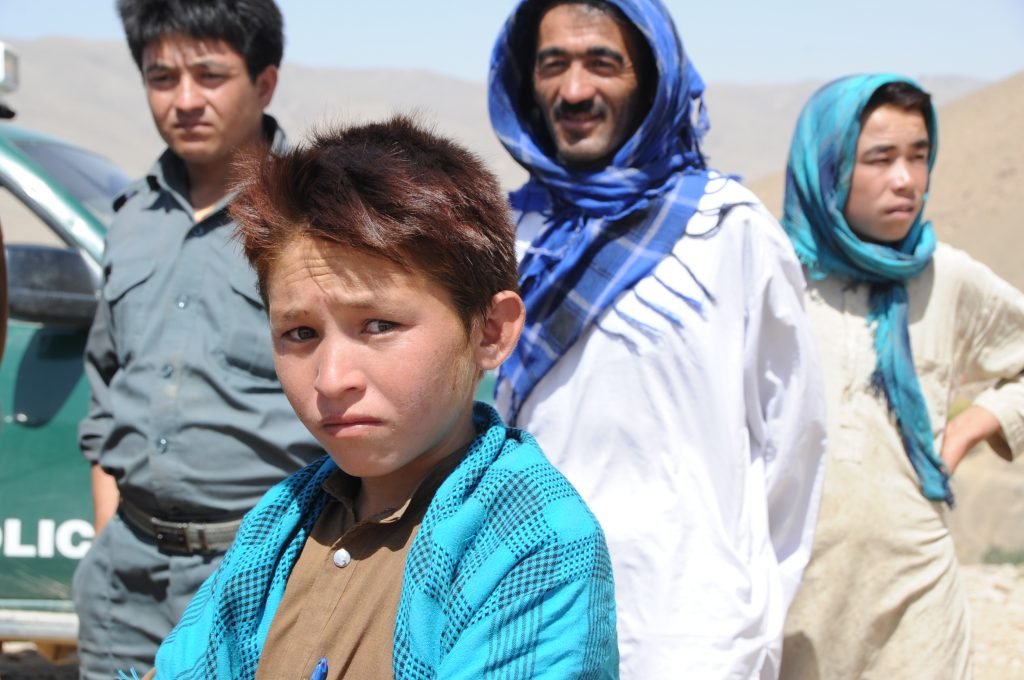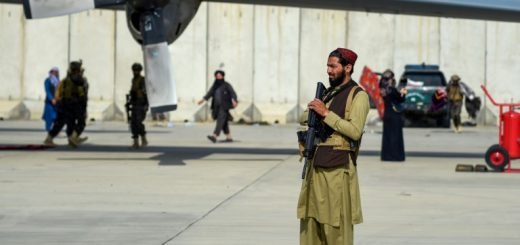What next for the Hazaras as foreign troops exit Afghanistan?

The Hazaras are a Persian-speaking ethnic group, who reside in the mountainous region of Hazarajat in central Afghanistan; they are a significant minority group to their neighbour Pakistan. They are a group who has been exploited since time immemorial. Containing about 10 to 20 percent of Afghanistan’s 38-million populace, Hazaras have for some time been mistreated for their great extent of Shiite confidence by Sunni hardliners in a nation wracked by profound ethnic divisions. The Hazaras are scared of a possible civil war since the Taliban is occupied with exchanges in Doha, Qatar, with a group of arbitrators who are addressing the Afghan government, where the different sides are entrusted to concede to a political force sharing arrangement that would for all time end the hostilities in Afghanistan. The alleged intra-Afghan discourse has originated from a February 2020 harmony building understanding previous U.S. President Donald Trump’s administration hit with the Taliban to slow down almost twenty years of Afghan war The agreement, which requires all U.S. NATO troops to leave Afghanistan by May 2021, has decreased the quantity of U.S. troopers to 2,500 from almost 13,000 per year prior. President Joe Biden’s new administration has said it plans to “survey” the U.S.-Taliban deal. U.S. Public Security Advisor Jake Sullivan passed on the choice to his Afghan partner on Friday. A White House proclamation cited Sullivan as saying his group needs to survey whether the Taliban was satisfying its responsibilities to cut binds with psychological oppressor gatherings, to decrease Afghan viciousness and to participate in “significant arrangements” with the public authority and different partners” in the country.

Afghan security powers are battling to hold off an undeniably powerful Taliban as the international soldiers pull out from the area, with harmony talks between the fighting sides appear to be slow-moving. Dreading the public authority will fall and the nation drops again into civil war, Hazaras are beginning to plan for the most noticeably terrible. Asadi was an understudy at Kabul University in 2016 when he barely endures twin self-destruction impacts at a convention that executed more than 80 individuals and denoted the start of another rush of viciousness focusing on the Hazaras, including attacks asserted by the Islamic State gathering. He says he is currently one of the thousands of armed fighters fit to be assembled by a solitary call from their officer, Abdul Ghani Alipur, a mainstream Hazara figure with Robin Hood notoriety.
The civilian army brags of watching streets and dispatching shameless attacks on Taliban zones to snatch the family members of aggressors, later utilized as negotiating concessions to deliver Hazara prisoners. The development of the military and armed outfits are progressively tricky for the Afghan government, which is careful about permitting free battling powers to develop, yet additionally fears a crackdown would light encounter with the communities that help them. The Hazaras have had not many allies in Afghanistan over the ages and their unmistakable Asiatic features make them obvious targets of hardliner Sunnis. During the country’s horrible civil war during the 1990s, they were brutally shelled in factional battling and later slaughtered in the large numbers in the midst of the Taliban’s heartless victory of the country. Few groups, nonetheless, have exploited the new request set up after the ousting of Taliban rule.
The gathering has progressively taken the brunt of rising brutality as IS self-destruction aircraft assaulted their mosques, schools, rallies and emergency clinics in western Kabul’s Hazara territory of Dasht-e-Barchi, executing hundreds. The Taliban have likewise seized and murdered Hazaras going on the country’s unsafe streets with close to an exemption. “Indeed, even with the presence of the US troops or NATO troops in Afghanistan, they were at that point powerless,” said Sima Samar, the main dissident and previous head of the Afghan Independent Human Rights Commission. Some Hazaras have fled the capital for the regions, including Bamiyan – the Hazara country since quite a while ago viewed as perhaps the most secure territory.

A gathering of Hazara diggers – a significant number of whom were Afghan nationals – were fiercely slaughtered in an assault guaranteed by IS in Pakistan a month ago. Furthermore, toward the west, a large number of Hazaras who crossed the line to Iran wound up being prepared and conveyed with Shiite local armies in Syria over the previous decade. The Iranian foreign minister a month ago considered the fighters the “best powers with a military foundation” that could be utilized against IS in Afghanistan. In any case, others are reluctant about waging war – until further notice in any event. At the point when Hamidullah Rafi’s sister Rahila was slaughtered by a self-destruction aircraft at schooling focus in Kabul in 2018, he assembled another one in her memory. “It’s a sort of battle against obliviousness, against the individuals who execute understudies, the individuals who are against schooling and the strengthening of the adolescent,” said Rafi. Be that as it may, Rafi fears when the US pulls out of Afghanistan his hand might be constrained. Hazara militant man Shawali Nizampoor is more sure and says the local area should be set up to guard itself. “Since forever, Hazaras have been abused in Afghanistan,” said Nizampoor, who joined Alipur’s local army in the wake of leaving the country’s true security powers. “We must be prepared.”


















